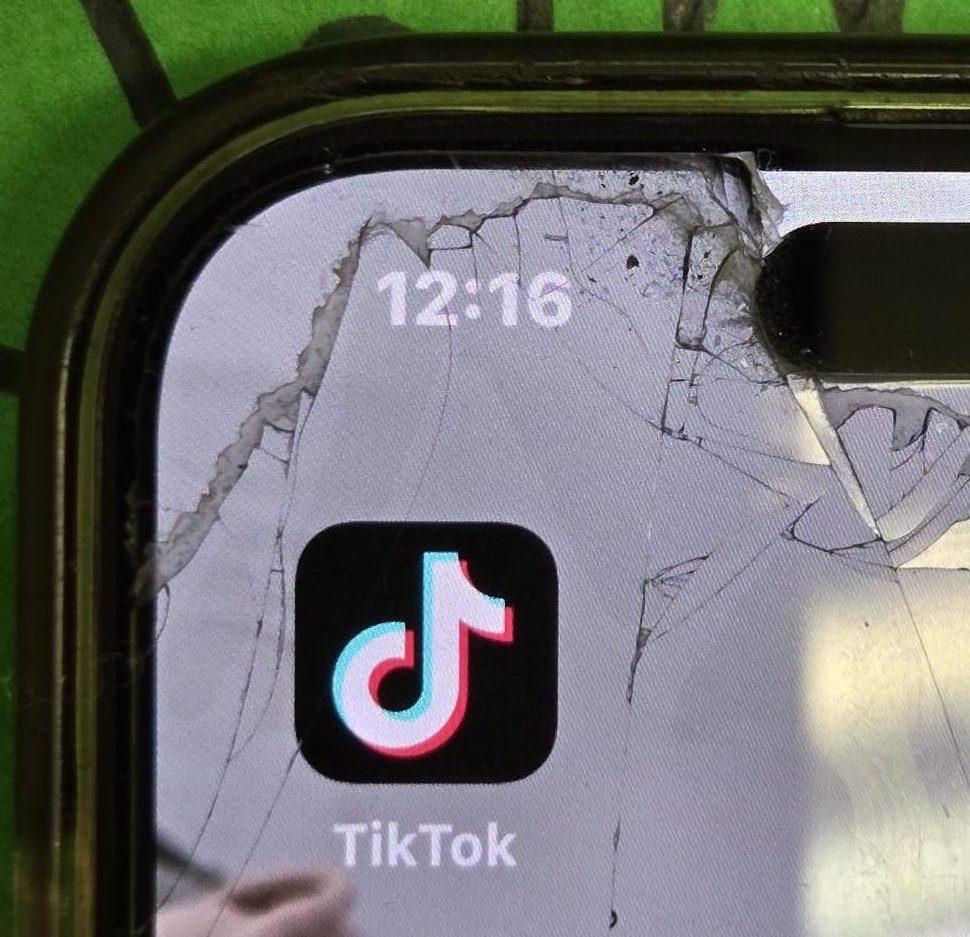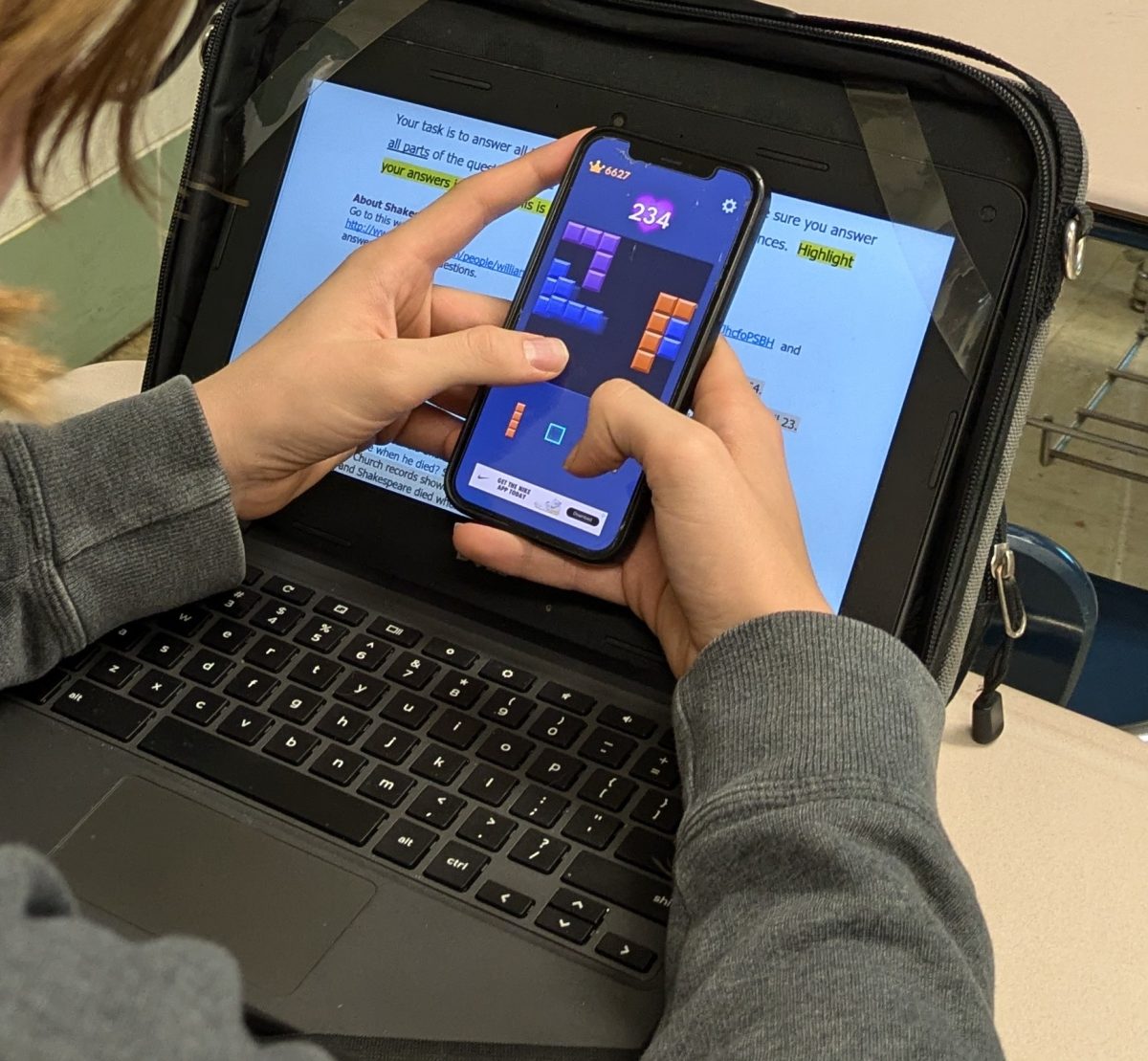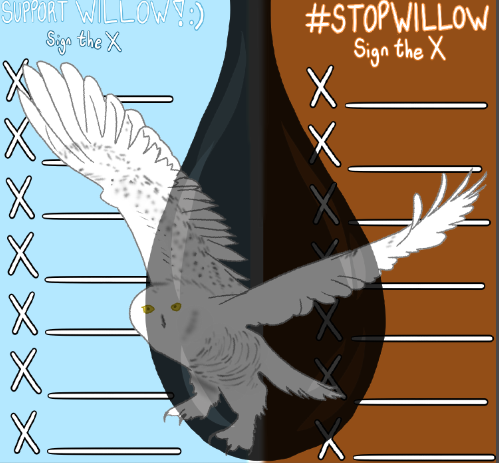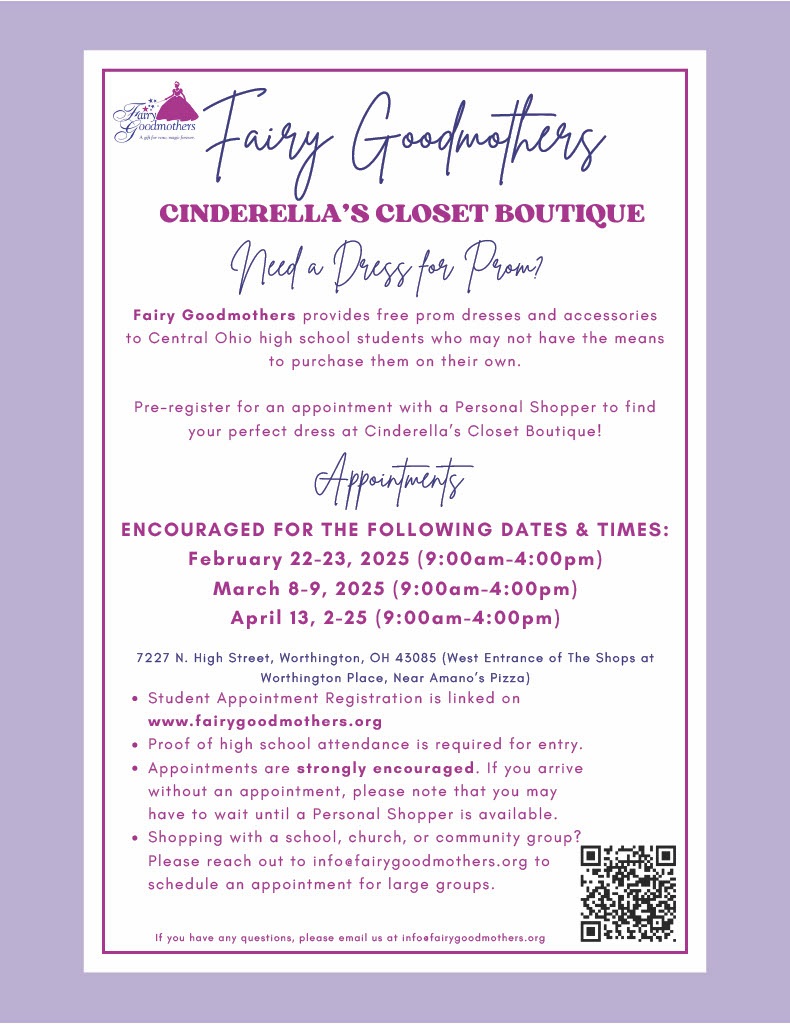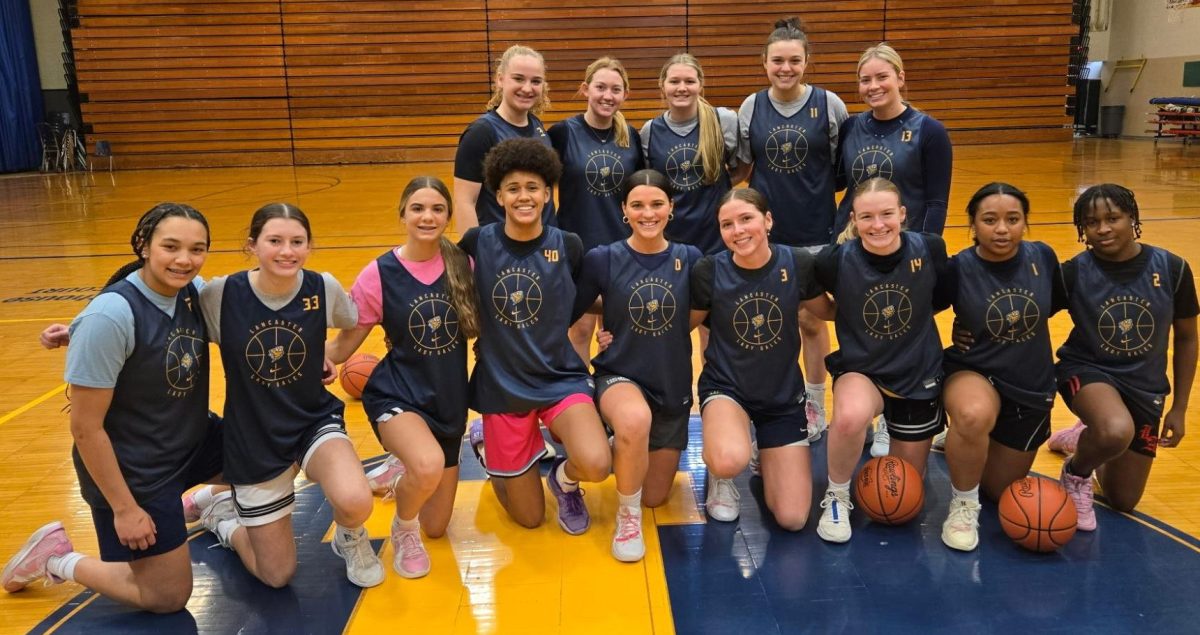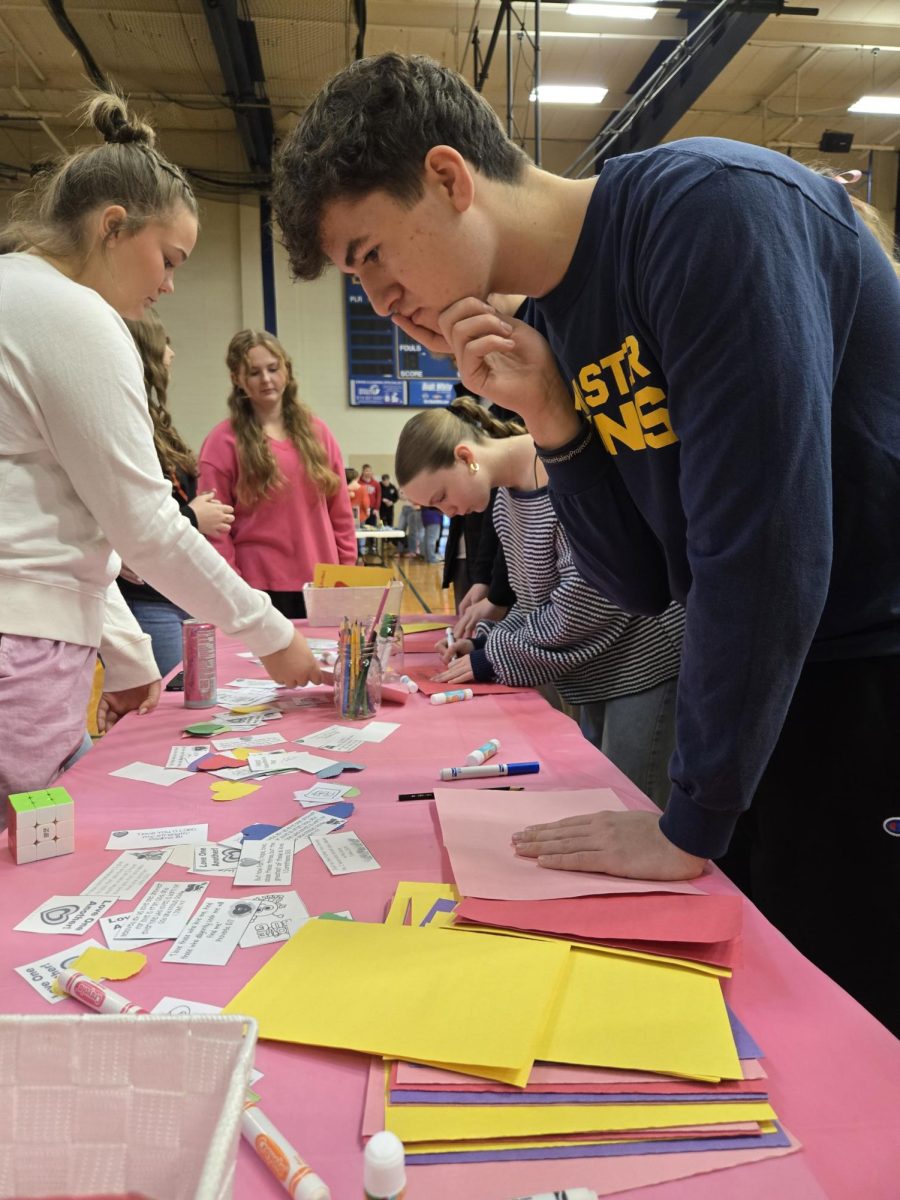For now, TikTok is back and available for download in the United States according to major news outlets. While the U.S. has been at the forefront of this interesting case about whether the social media app should be banned, Lancaster High School students and staff recently weighed in on the controversial issue in an Eye of the Gale questionnaire. The poll showed that 32% of the 97 respondents said that the ban was a bad thing with only 18.6% of respondents saying the ban was good. However, the future of TikTok in the United States is still uncertain.
The app has around 170 million users in the United States and 1.04 billion users worldwide according to CBS news. The app went dark for 14 hours on January 19th, 2025 which prevented people from using the app. The platform, owned by the parent company ByteDance, was also taken off of the app stores and remains unable to install, however, people who still have the app could use it.
LHS marketing teacher Mrs. Blanchard expressed her thoughts on China’s access to information.

“I understand how the algorithms work for social media platforms and how these companies must collect our data in order for the algorithms to work. I also understand that TikTok’s algorithm is the best of all the algorithms due to the immense data they collect from its users. I also understand that TikTok is owned by a Chinese company and that under that country’s law, the Chinese government has access to this data,” she said.
What’s at stake? TikTok was initially banned last month due to national security concerns and then President Trump gave the app a 90-day grace period. What people don’t realize is that the reason the American government is working to ban TikTok is far greater than just China having something better than the United States. The popular platform takes more information than is realized; each user’s name, age, and phone number, and what they buy on other sites or stores. All of this information then goes to China, a communist country, then can be sold or provided to hackers, and lead to dangerous security breaches.
“It is without question that China wants data about US citizens due to the data hacks they have been caught doing (Anthem, Experian etc). The Chinese government should not have detailed data about U.S. citizens,” said Blanchard.
LHS freshman Sadie Elkins shared how she feels that the data-stealing only applies to certain people.
“I believe if you’re an everyday person it wouldn’t do much. However, if you’re a government official, who has certain information on your device, I feel that could be a risk if that got into China’s hands,” said Elkins.

LHS senior Zaniya Clark explained her thoughts about the level of threat posed in data collection.
“I feel that China having information from the United States through the app does put our country at a small risk. I don’t believe it is anything big as of now, but I do believe that the information gained could be used for acts of cyberterrorism if China wishes to do so. Like I said, I do believe that there are currently very few risks with the app, but that isn’t to say there aren’t any possibilities of there being risks in the future,” said Clark.

LHS senior Hailie Moyer said she believes the risk to most Americans is slight.
“Any information that China gets is the information regular people can figure out, they could use our information against us to get whatever they want, but people are so used to having our information stolen by our own people, scammers, and random people online, I don’t think it would make much of a difference anymore,” she said.

LHS freshman Lily Potts explained in depth how she firmly believes that China isn’t after our data.
“The data is not being taken to China. Again, it is a Chinese company but is not owned by any sort of government-related company that could pose any risk. There is no evidence that any of the data is taken for malicious purposes. Shou Zi Chew has publicly stated that the Chinese government has never asked for any data and if it did, they would be refused. Just because the app is Chinese does not mean that your data is being given to China,” said Potts.
“I firmly believe that this ban was not about national threats and user security – it is a jab at free speech and censorship. The US can’t control what you see on social media if you aren’t using a US-based app. And while we’re on the topic, why not go all out? Ban apps like Shein, Temu, or Aliexpress, which are all Chinese,” she said.
LHS sophomore Zaine Green said that he thinks apps like TikTok steal more than information and that there are benefits to a national ban against the popular app.

“One of the biggest benefits of the ban in my opinion has to be that people have to make friends and go outside and just do stuff instead of sitting around all day and night scrolling on Tiktok,” he said.
“The benefits the ban provides in my opinion is that people would be able to connect face to face and not over the internet. People could focus on themselves and be confident of who they truly are and not compare themselves to other people on the internet,” said Green.
LHS freshman Isabella Smith conveyed the realities of the situation of social media as a whole and the negative impacts it poses to users.
“In a perfect world, the ban could have seriously improved things. Many people depend on the app, sometimes to an unhealthy extent, which can be very detrimental to their mental or physical health. The amount of free speech on the app can spread harmful ideas as well as good ones. People can shame and isolate one another just as easily as lifting each other up. If everything was perfect and easy to understand, the ban would have fixed things, and people could move to better, happier, and healthier apps, simply because the people in charge wanted to help others,” she said.
Emily Young from the CDC (Centers for Disease Control and Prevention) wrote an article after conducting a study on the uses of social media and what data they received from it.
“Frequent social media use among students was associated with higher prevalence of bullying victimization at school and electronically, persistent feelings of sadness and hopelessness,” said Young.

Still many TikTok users are not happy about a possible future ban of the app.
“Instead, the ban was encouraged by fear and misunderstandings; by people in places of power wanting to further their control. And, because everything is not perfect, the users of the app are rightfully angry. Their app, their safe space, their wide platform, their friends, even, almost got taken from them, for no explained reason. I think the ban had more negative consequences than positive, and the effects of those are still very present in the app today,” said Smith.
Elkins seems to agree with the prominent effects of social media as a whole; not just TikTok.
“I think the TikTok ban provides a few benefits; those being the absence of the social media app as a whole, and the fact that data wouldn’t be stolen anymore. My opinions of social media as a whole are relatively unsupportive. I think the addictive nature of the apps can be very harmful, especially to my fellow teens and tweens who use them,” said Elkins.

“From my personal experiences of cutting off socials to a healthy degree, I think everyone would benefit from it. That is the reason I think the absence of the app would be a benefit. Along with that, the obvious benefit is the fact China wouldn’t have access to our data. It’s true that every social media platform has access to our data, but I can see that one settled in another country could potentially be more of a risk than others,” she said.
What’s in the future for TikTok? In the end, the future of TikTok in America rests in the hands of President Trump and the U.S. government.


